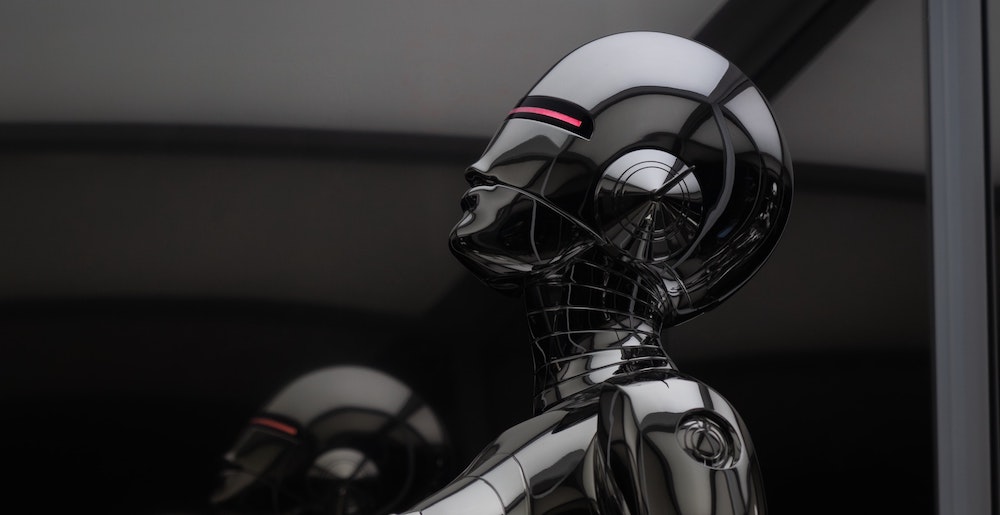Artificial Intelligence Is Outpacing Human Intellect At A Frightening Rate, Here’s Why You Should Worry
While the rapid advancement of artificial intelligence is concerning, most experts agree that it can’t completely replace humans in any profession—at least not yet.
This article is more than 2 years old

It’s been just four months since the release of ChatGPT last November and already most tech companies are racing to use the new artificial intelligence in everything from search engines to customer service. ChatGPT can do everything from passing the bar exam to building a video game to crafting a recipe based on photos of food. The speed at which artificial intelligence is advancing is alarming, to say the least, and many are becoming afraid that the new technology may soon make human workers obsolete.
According to NY Mag’s Intelligencer, OpenAI, the creators of ChatGPT, have crafted a streamlined, evolved version of the artificial intelligence bot called GPT-4. The technology isn’t unlike the text-complete feature on your phone or email that completes thoughts or phrases by using data to predict the next word or phrase. The difference with GPT-4 is that it uses thousands of times more data, with access to the entire internet, constantly learning what information and images go together and how; this makes it nearly impossible to track exactly what the artificial intelligence knows or how it knows it.
GPT-4, unlike ChatGPT, is a technology rather than a software; this means that GPT-4 has more applications that just a chatbot. Recently, companies have been attempting to apply GPT-4 technology to everything from automatically drafting lawsuits to teaching foreign languages to even offering accessible descriptions of the world for people with vision impairments. Artificial intelligences like GPT-4 can complete tasks that used to take hours or even days in less than a minute; some are worried that their professions may become obsolete if GPT-4 can do in minutes what they could only do in hours.
While the rapid advancement of artificial intelligence is concerning, most experts agree that it can’t completely replace humans in any profession—at least not yet. The more likely threat is that GPT-4 and other, similar technologies will increase productivity and, therefore, reduce the amount of human labor needed. While artificial intelligence can get alarmingly close to human communication, it still lacks something distinctly human.
Other significant concerns include the artificial intelligence’s ability to craft videos and voices convincing enough to fool many viewers into thinking they’re real. GPT-generated news reels featuring political figures saying outrageous things, for instance, might be amusing now, but may make it impossible later to tell the difference between real and fake footage. One can only imagine how damaging this could be during something like the upcoming presidential election.
It’s impossible to tell, at this point, just how much artificial intelligence will change the fabric of our careers and our society; there are a lot of terrifying possibilities, but it’s also possible that, in 2026, when GPT-4 effectively “finishes” reading the internet, its growth stagnates, and it reaches its limitations. But, because we also don’t know exactly how it works, it could also end up wreaking havoc without being entirely sentient. There are millions of unknowns when it comes to artificial intelligence, and, for better or worse, the only way we’re going to find out about them is by using the technology.



